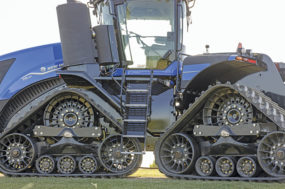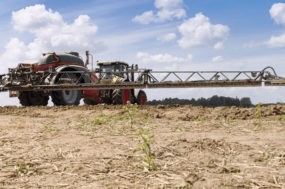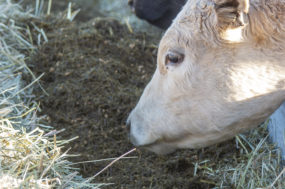"It's a huge effect, and an effect that's basically on the same order of magnitude as the direct effect of climate change," Elliott, of the Center for Robust Decision Making on Climate and Energy Policy, Argonne National Laboratory, is quoted in a news release by Computation Institute. "So the effect of limited irrigation availability in some regions could end up doubling the effect of climate change."
When the scientists fed each type of model – agricultural and hydrological – with the same climate model forecasts, the models produced dramatically different predictions about the future demand for freshwater irrigation.
“Researchers discovered discrepancies in how hydrological models incorporate processes such as the carbon cycle and crop water productivity when compared to agricultural models – a finding that will help make existing models more accurate,” the article reads. “However, while the models predict freshwater shortages in some areas of the world, such as the western U.S., India and China, other regions may end up with a surplus of freshwater.”
Elliott said by redistributing excess water to restore or add irrigation to rain-fed crop areas, some of the consequences of climate change on agriculture and irrigation could be reduced. FG
—Summarized by FG staff from cited source










